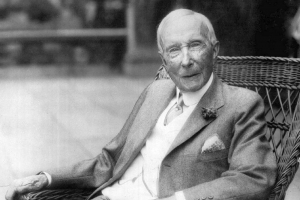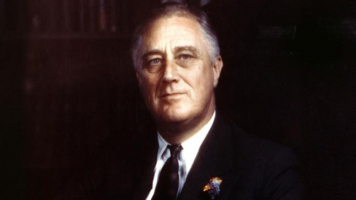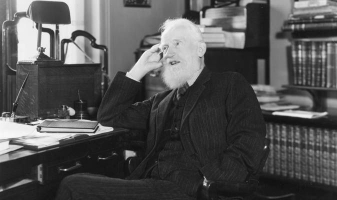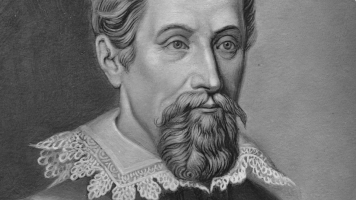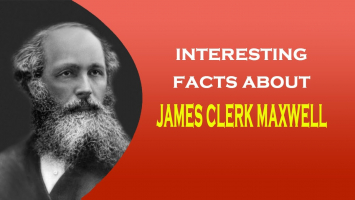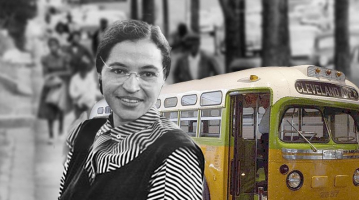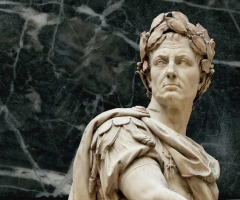Top 7 Interesting Facts about Dwight D. Eisenhower
An American military officer and statesman, Dwight David "Ike" Eisenhower (October 14, 1890 - March 28, 1969) was best known as the 34th president of the ... read more...United States, serving from 1953 to 2005. 1961. Here are 7 interesting facts about Dwight D. Eisenhower that you should know.
-
It is a fact that Eisenhower was born into a large Pennsylvania Dutch family. In 1741, the Eisenhauer family moved from the German town of Karlsbrunn to the Province of Pennsylvania, originally settling in York. In the 1880s, the family relocated to Kansas. The story of how and when the German name Eisenhauer was anglicized to Eisenhower differs. Among Eisenhower's Pennsylvania Dutch ancestors was Hans Nikolaus Eisenhauer of Karlsbrunn, who immigrated to Lancaster, Pennsylvania in 1741.
Eisenhower's father, David Jacob Eisenhower, was a college-educated engineer, despite his own father Jacob's encouragement to stay on the family farm. Eisenhower's mother, Ida Elizabeth (Stover) Eisenhower, was born in Virginia and had largely German Protestant ancestors. On September 23, 1885, at Lecompton, Kansas, on the campus of their alma mater, Lane University, she married David. Dwight David Eisenhower's forebears include English (on both sides) and Scottish ancestors (through his maternal line).
David had a general store in Hope, Kansas, but owing to economic conditions, the business failed and the family became penniless. The Eisenhowers then resided in Texas from 1889 to 1892 before returning to Kansas with only $24 (equal to $724 in 2021). David worked as a railroad mechanic before moving on to a creamery. By 1898, the parents were making a good salary and providing a comfortable house for their large family.
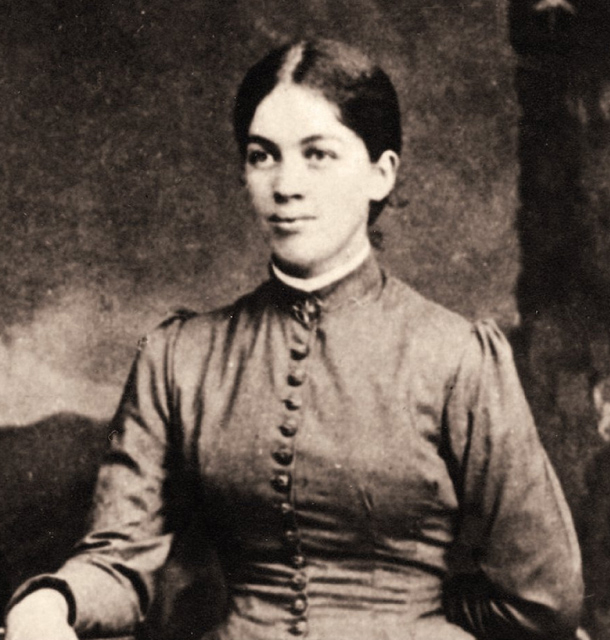
Ida Elizabeth (Stover) Eisenhower -kuebi.eu 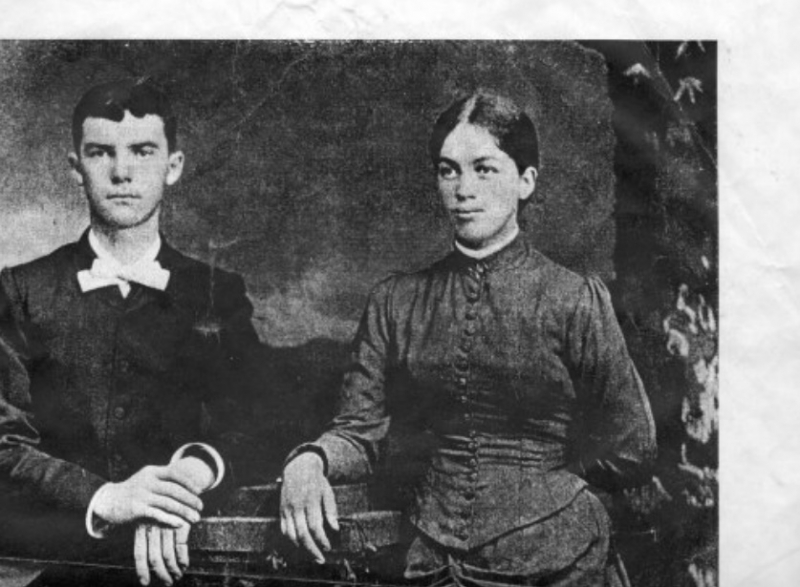
David Jacob and Ida Elizabeth Stover Eisenhower -wikitree.com -
One of the interesting facts about Dwight D. Eisenhower is that his family had a strong religious background however, Eisenhower belonged to no organized churches until 1952. Eisenhower was born on October 14, 1890, in Denison, Texas, as the third of seven sons to Ida Stover and David J. Eisenhower. His parents established daily family Bible reading periods at breakfast and dinner. Chores were allocated and rotated among all the children on a regular basis, and misconduct was dealt with unambiguous discipline, generally from David. His mother, a former River Brethren Mennonite (together with David), joined the International Bible Students Association, afterward known as Jehovah's Witnesses. Jehovah's Witnesses are a millenarian restorationist Christian sect with nontrinitarian views that differ from mainstream Christianity. The Governing Body of Jehovah's Witnesses, a group of elders based in Warwick, New York, United States, defines all teachings based on their interpretations of the Bible.
From 1896 to 1915, the Eisenhower residence served as the local meeting venue, despite the fact that Eisenhower never joined the International Bible Students. His decision to attend West Point subsequently devastated his mother, who thought warfare was quite nasty, but she did not veto his decision. In 1948, Eisenhower described himself as "one of the most intensely religious individuals I know," though he was not affiliated with any sect or organization. In 1953, he was baptized in the Presbyterian Church.
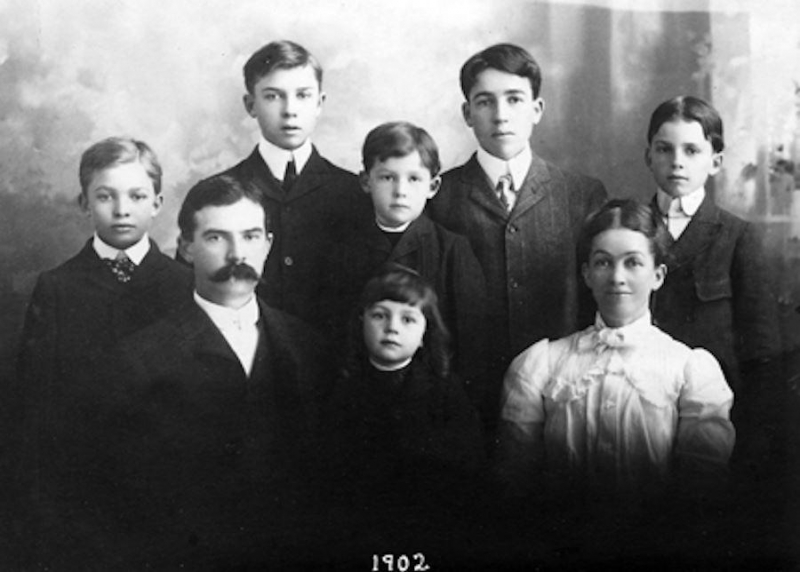
Ike (right) with his family -dwightdeisenhowersociety.org 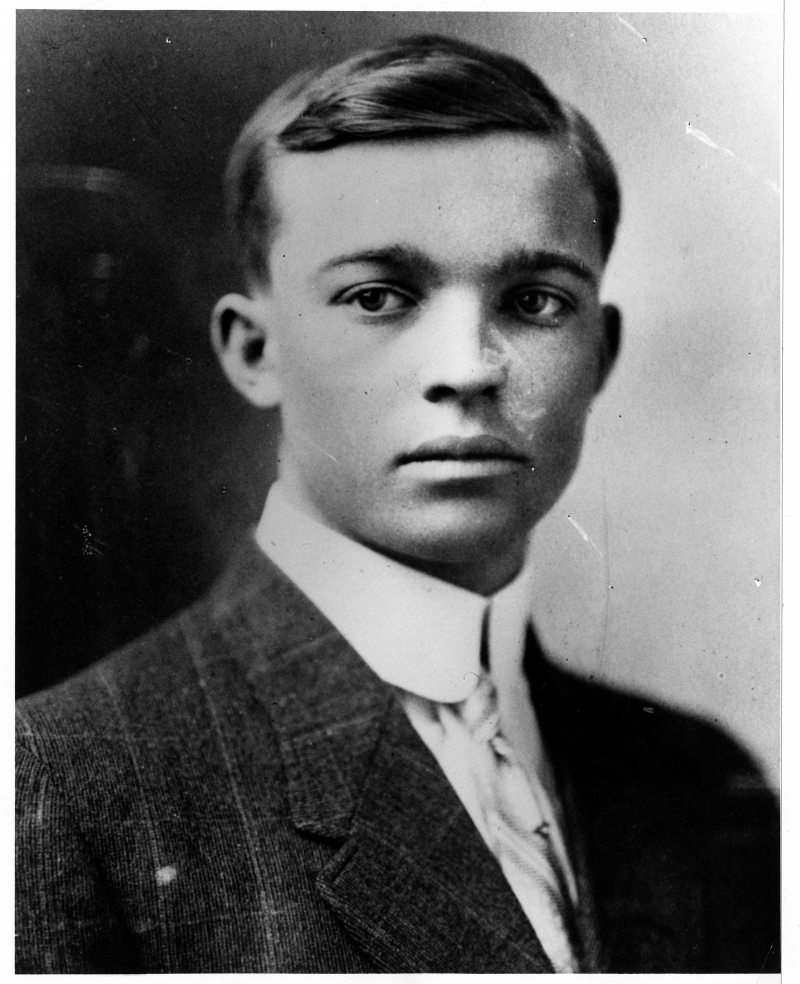
eisenhowerlibrary.gov -
Another interesting fact about him is that he married Mamie Doud and had two boys with her. In October 1915, she met Dwight Eisenhower in San Antonio shortly after finishing her schooling at Wolcott School for Girls, a finishing school. Mrs. Lulu Harris, the wife of a fellow officer at Fort Sam Houston, introduced the two, and they hit it off right away, as Eisenhower, Officer of the Day, requested Miss Doud to accompany him on his rounds. To formalize a formal engagement, he presented her a miniature of his West Point class ring on Valentine's Day in 1916. Due to the United States' impending involvement in World War I, a November wedding in Denver was rescheduled up to July 1.
Eisenhower and his wife have two sons. Doud Dwight "Icky" Eisenhower (1917-1921) died of scarlet fever when he was three years old. Eisenhower was hesitant to discuss his death. John Eisenhower (1922-2013), their second son, was born in Denver, Colorado. John served in the United States Army, retired as a brigadier general, went on to become an author, and was the United States Ambassador to Belgium from 1969 to 1971. John graduated from West Point on June 6, 1944, which happened to be D-Day. On June 10, 1947, he married Barbara Jean Thompson. David, Barbara Ann, Susan Elaine, and Mary Jean were John and Barbara's four children. Camp David was named after David, who married Richard Nixon's daughter Julie in 1968.
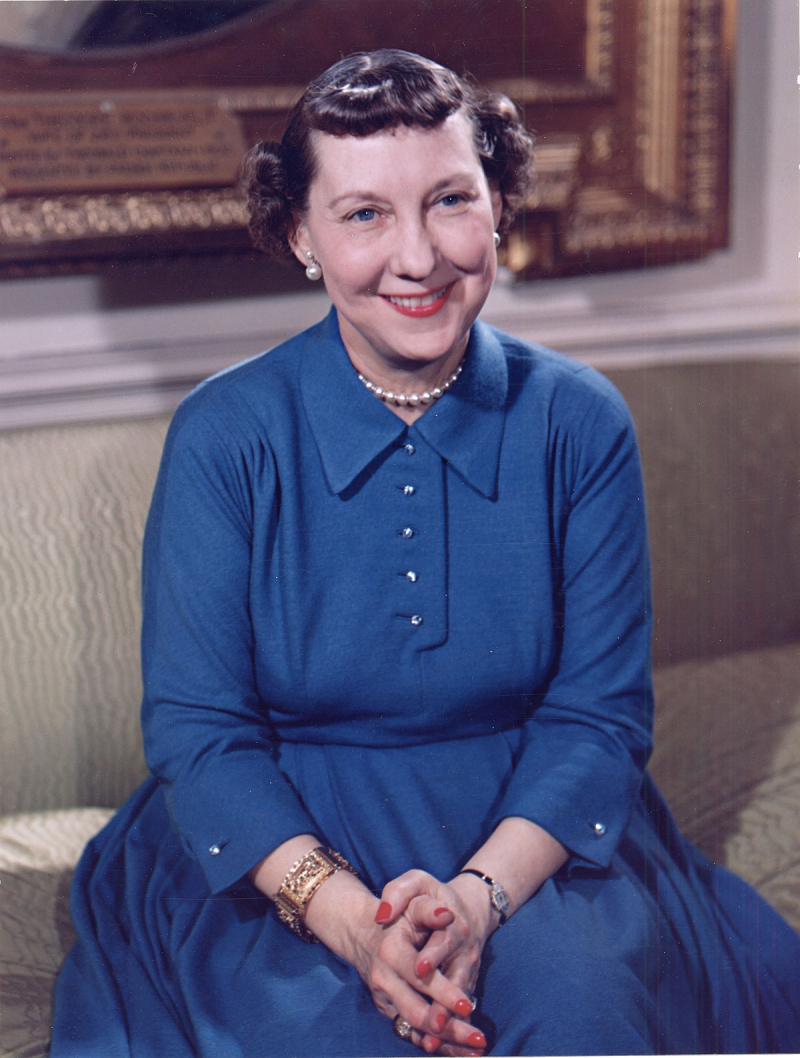
Mamie Eisenhower -en.wikipedia.org 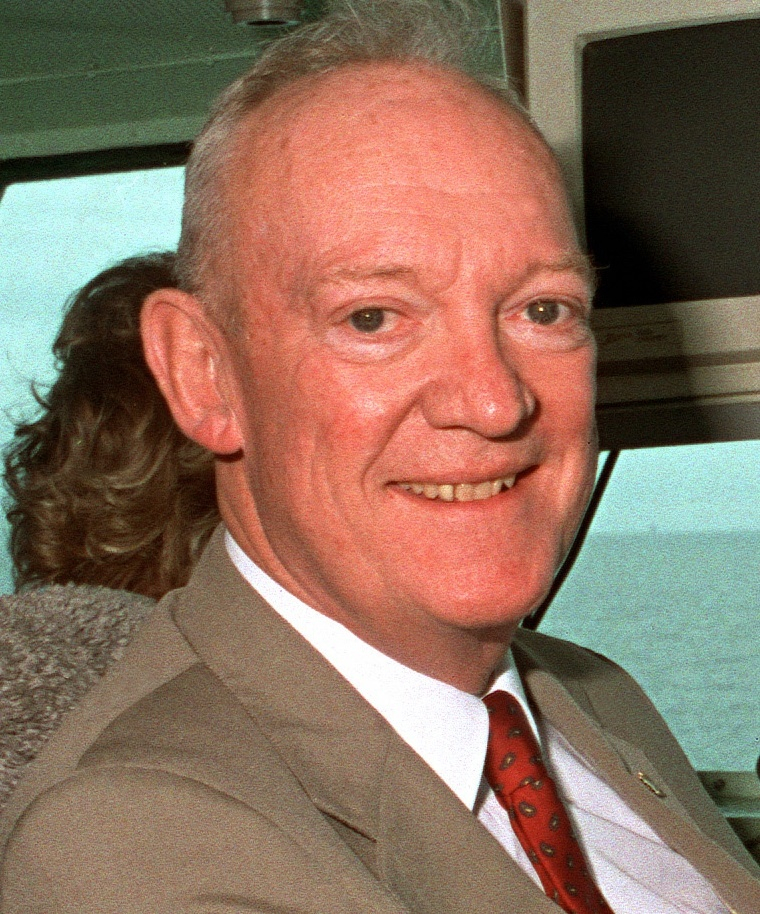
John Sheldon Doud Eisenhower -en.wikipedia.org -
One of the interesting facts about Dwight D. Eisenhower is that Eisenhower became President of Columbia University in 1948. Eisenhower was admitted into Phi Beta Kappa at Columbia University, an Ivy League university in New York City, in 1948. Eisenhower's tenure as president of Columbia University was highlighted by his participation in the Council on Foreign Relations, a study group he led as president concerning the political and military implications of the Marshall Plan, and The American Assembly, Eisenhower's vision of a great cultural center where business, professional, and governmental leaders could meet from time to time to discuss and reach conclusions concerning social and political problems.
Eisenhower accepted the presidency of the university in order to broaden his capacity to promote "the American type of democracy" through education. He made this point very plain to the trustees on the search committee. Within months after taking over as president of the institution, Eisenhower was asked to assist US Secretary of Defense James Forrestal on military unification. He became the informal Chairman of the Joint Chiefs of Staff in Washington around six months after his appointment. Two months later, he became ill with acute gastroenteritis and spent more than a month recovering at the Augusta National Golf Club. In mid-May, he returned to his employment in New York, and in July 1949, he took a two-month vacation out of state. Because the American Assembly was taking shape, he toured around the country from mid-to-late 1950, soliciting financial support from Columbia Associates, an alumni association.
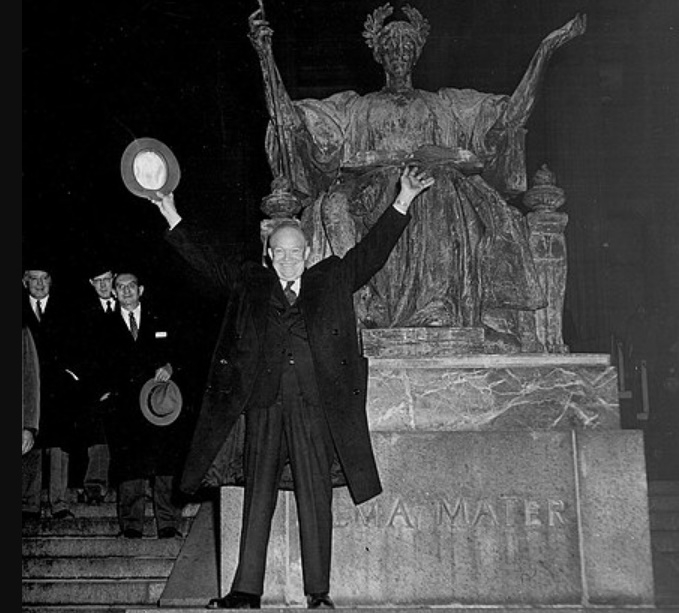
blogs.cul.columbia.edu 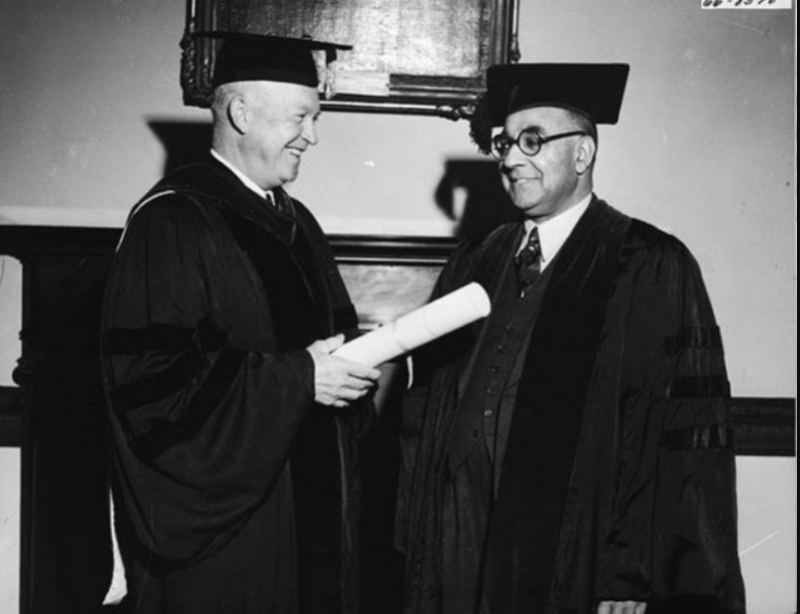
potus-geeks.livejournal.com -
Dwight D. Eisenhower served as America’s 34th president. Dwight D. Eisenhower's presidency as the 34th President of the United States began on January 20, 1953, and concluded on January 20, 1961. Eisenhower, a Republican from Kansas, was elected president after defeating Democrat Adlai Stevenson in the 1952 presidential election. After winning the 1960 presidential election, John F. Kennedy succeeded him.
Eisenhower served as President of the United States during the Cold War, a time of geopolitical tension between the United States and the Soviet Union. During his presidency, Eisenhower's New Look policy emphasized the importance of nuclear weapons as a deterrent to military threats, and the United States built up a stockpile of nuclear weapons and nuclear weapons delivery systems. Eisenhower negotiated an end to the Korean War shortly after assuming office, culminating in the partition of Korea. Following the Suez Crisis, Eisenhower issued the Eisenhower Doctrine, which strengthened the United States' commitments in the Middle East. In response to the Cuban Revolution, the Eisenhower administration severed connections with Cuba and began planning an invasion of Cuba by Cuban exiles, which culminated in the failed Bay of Pigs invasion.
Eisenhower easily won the presidential election in 1956 and maintained high approval ratings throughout his presidency, but the launch of Sputnik 1 and a weak economy contributed to Republican losses in the 1958 elections. Vice President Richard Nixon narrowly lost the 1960 presidential election to John F. Kennedy. Eisenhower departed office popular with the public but was considered a "do-nothing" president by many commentators. After the revelation of his private documents in the 1970s, his reputation improved. Historians and political scientists polled place Eisenhower in the top quartile of presidents.
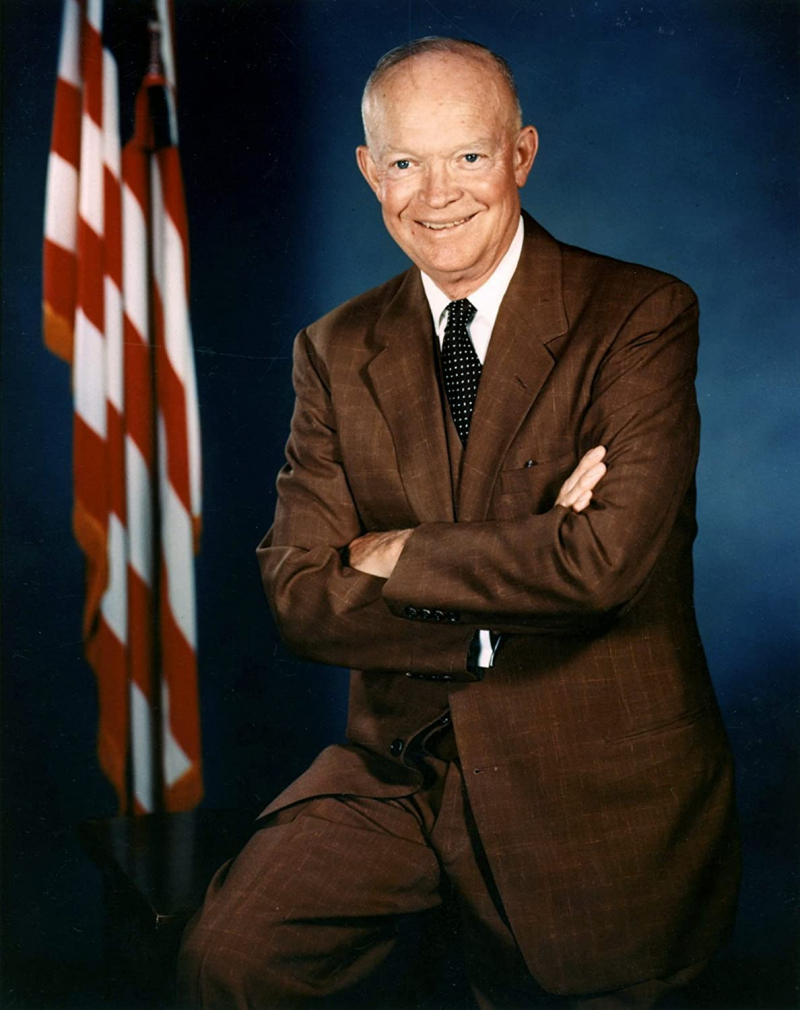
amazon.com · In stock 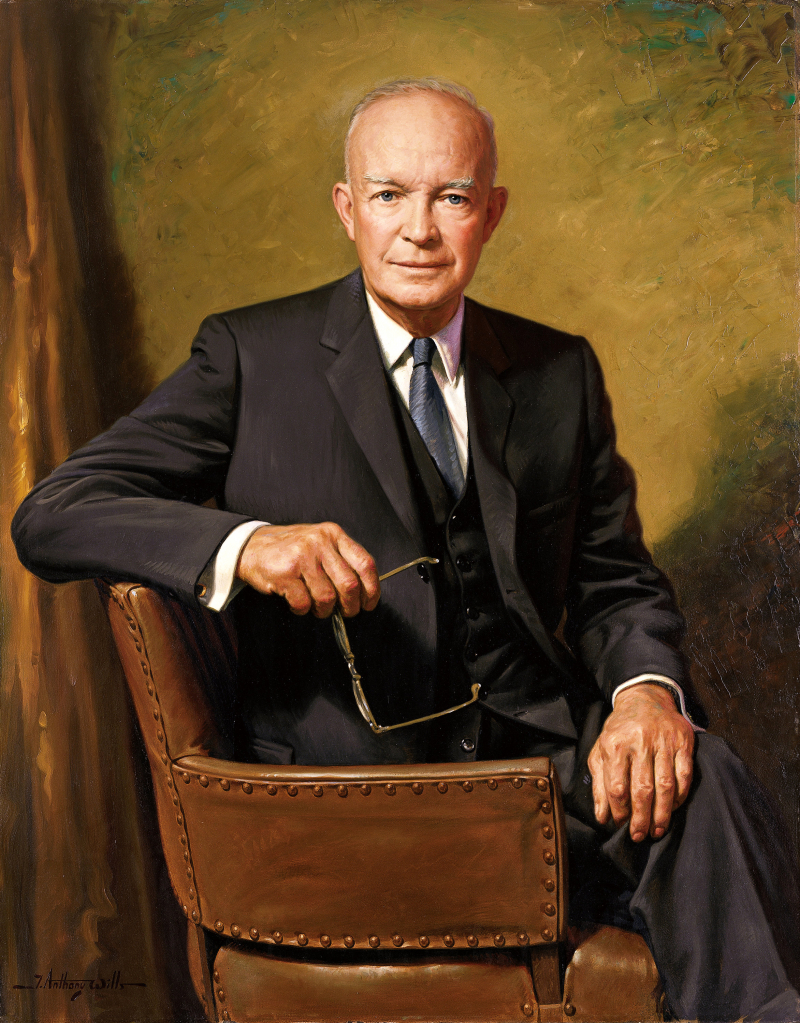
en.wikiquote.org -
Eisenhower died of congestive heart failure at Walter Reed Army Medical Center in Washington, D.C., on March 28, 1969, at the age of 78. The next day, his body was transferred to the Bethlehem Chapel of the Washington National Cathedral. On March 31, a state funeral service was held at the Washington National Cathedral. The president and first lady, Richard and Pat Nixon, as well as former President Lyndon B. Johnson, attended. U.N. Secretary-General U Thant and 191 foreign delegates from 78 nations, including 10 foreign heads of state and government, were among the 2,000 invited guests. President Charles de Gaulle of France, who was visiting the United States for the first time since the state funeral of John F. Kennedy, Chancellor Kurt-Georg Kiesinger of West Germany, King Baudouin of Belgium, and Shah Mohammad Reza Pahlavi of Iran were among the notable visitors.
Eisenhower was laid to rest inside the Place of Meditation, a chapel on the grounds of the Eisenhower Presidential Center in Abilene, Texas. He was buried in a Government Issue casket, wearing his World War II uniform, and was awarded the Army Distinguished Service Medal with three oak leaf clusters, the Navy Distinguished Service Medal, and the Legion of Merit. Eisenhower's son Doud, who died at the age of three in 1921, and wife Mamie, who died in 1979, are buried alongside him.
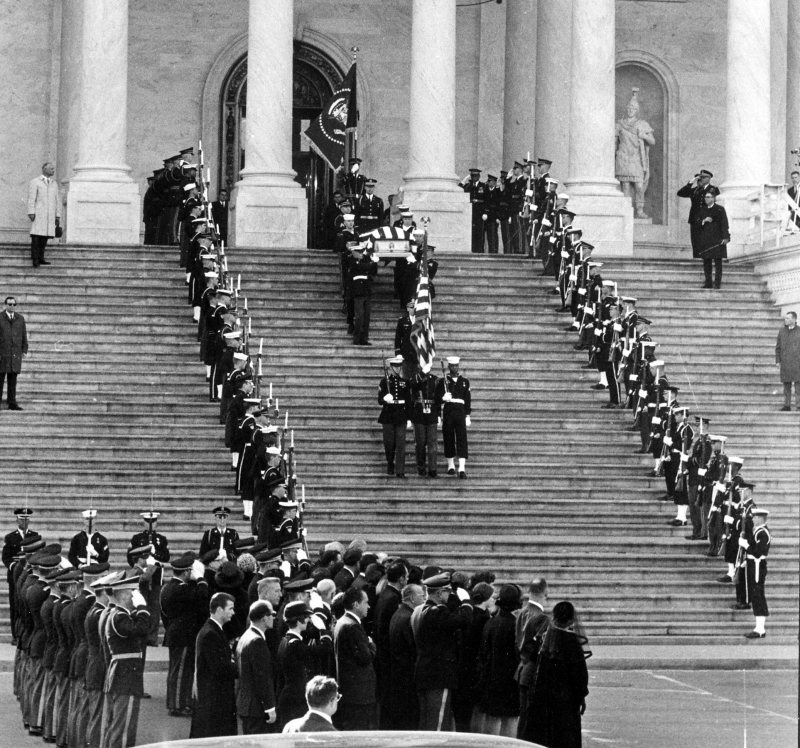
Funeral services for Dwight D. Eisenhower, March 1969 -vi.m.wikipedia.org 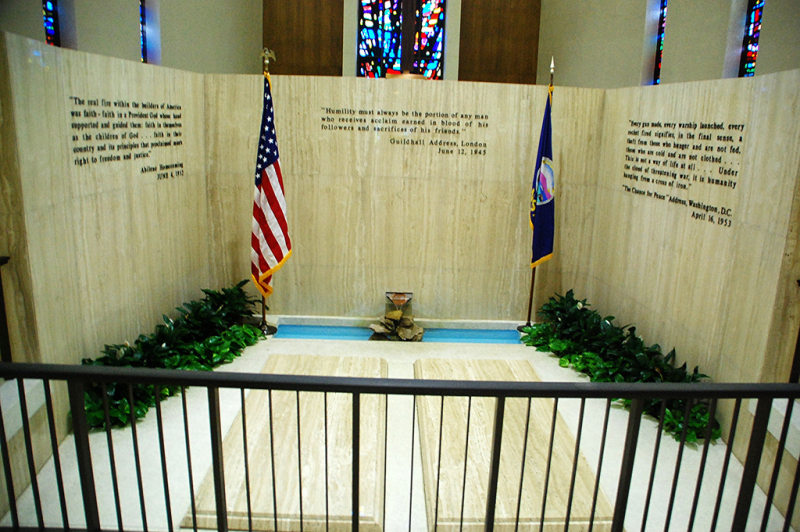
Dwight D. Eisenhower's gravesite -bradycarlson.com -
One of the interesting facts about Dwight D. Eisenhower is that Eisenhower's reputation deteriorated in the years after leaving office. During his term, critics saw him as an indolent, boring, golf-playing president. This contrasted sharply with his energetic youthful successor, John F. Kennedy, who was 26 years his junior. Despite his extraordinary use of Army troops to implement a federal desegregation order at Little Rock's Central High School, Eisenhower was chastised for his unwillingness to assist the civil rights movement to the extent that activists desired. Eisenhower was also chastised for his handling of the 1960 U-2 incident and the resulting diplomatic embarrassment, the Soviet Union's apparent leadership in the nuclear arms race and the Space Race, and his unwillingness to actively condemn McCarthyism.
Eisenhower was particularly criticized for failing to protect George C. Marshall from Joseph McCarthy's attacks, despite privately condemning McCarthy's tactics and assertions. Although political conservatism was dominant in the 1950s, and Eisenhower generally expressed conservative ideas, his administration was primarily focused on foreign policy and followed a hands-off domestic policy. Eisenhower saw moderation and cooperation as tools for governing.
He attempted to slow or contain the New Deal and other federal programs, but he did not attempt to repeal them entirely. In doing so, Eisenhower gained support from the Republican Party's liberal flank. Conservatives criticized his administration for not doing enough to further the right's goals; according to Hans Morgenthau, "Eisenhower's victories were but accidents without consequence in the history of the Republican party."
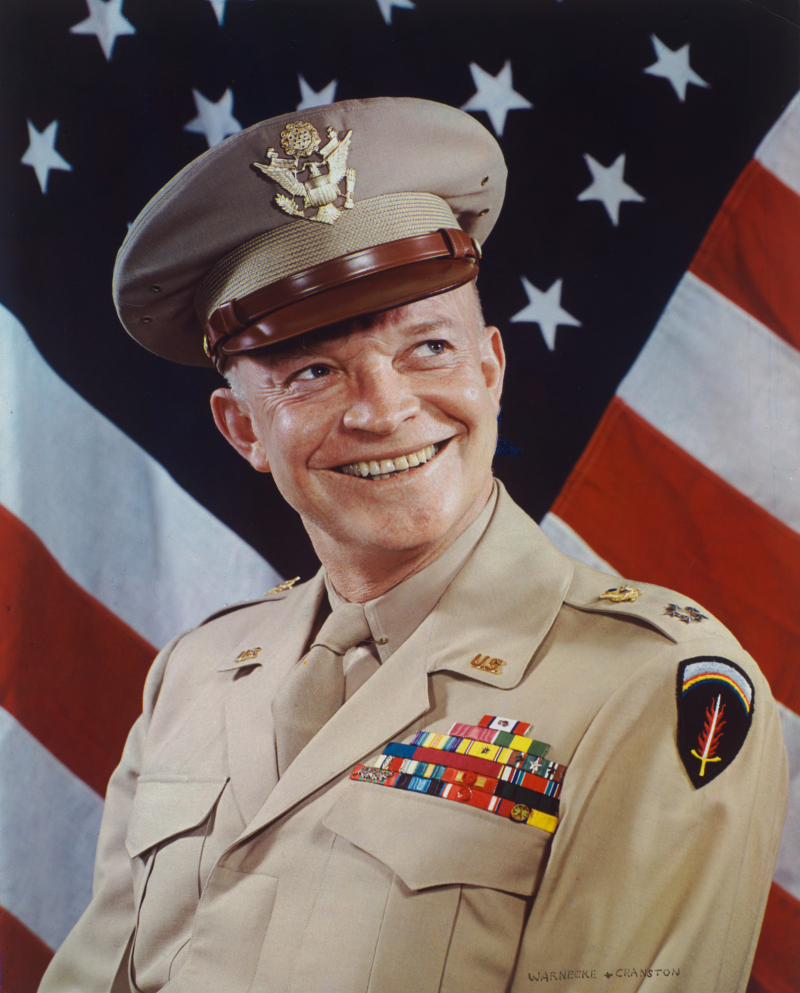
fastwork.vn 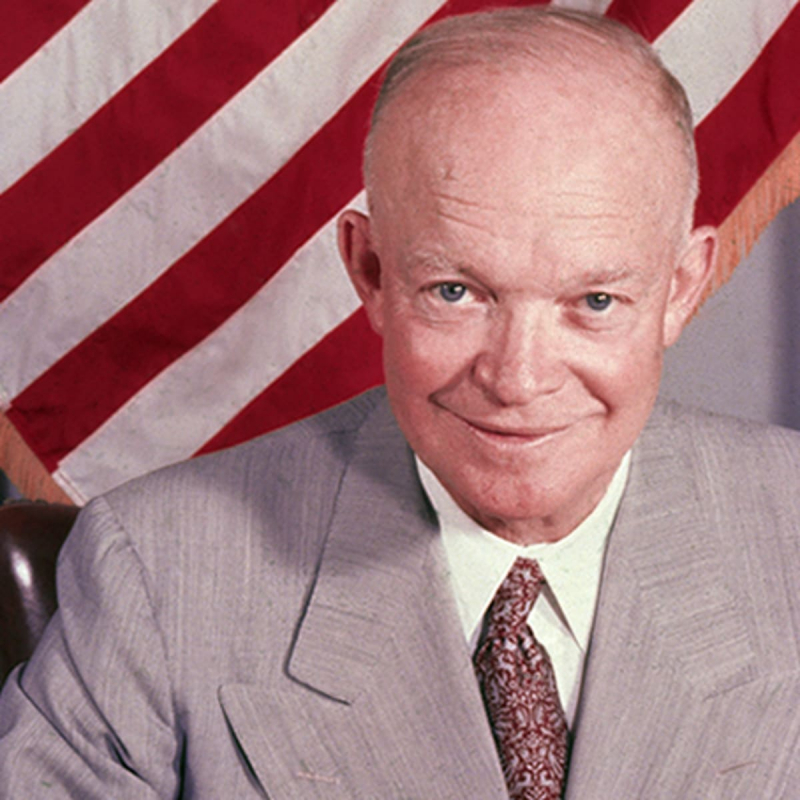
history.com









